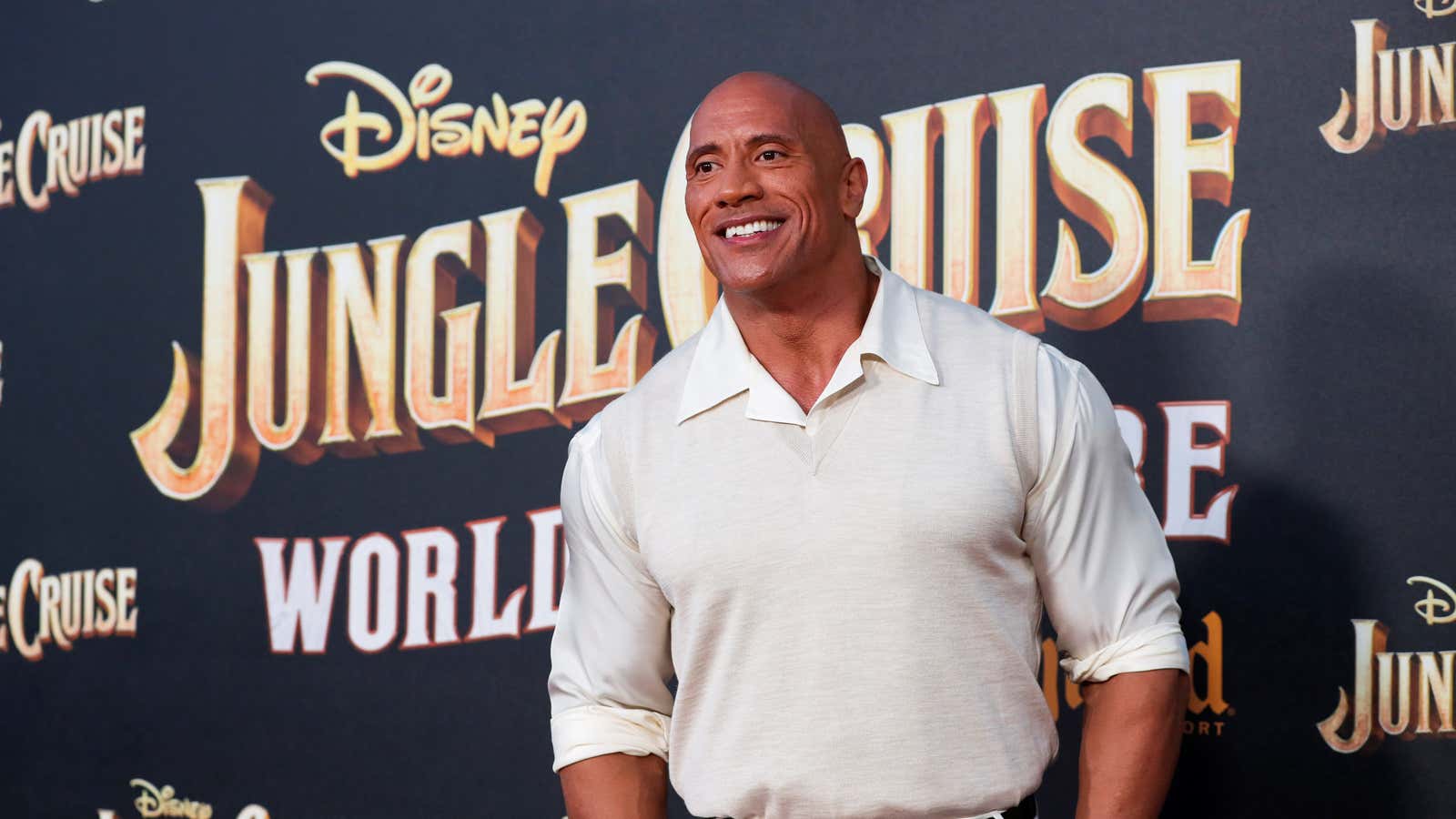The widespread lockdowns of public facilities put a major dent in the movie theater business, forcing US film studios to innovate their way out of a complete revenue disaster. Some, including Disney and Warner Bros., did this by offering some films online at the same time as movies were released in theaters, often referred to as a hybrid release model.
“I certainly don’t anticipate us going back to the way the world was in 2015 or ’16 or ’17, where windows were quite lengthy between theatrical and home exhibition,” WarnerMedia CEO Jason Kilar said (pdf) during a conference call with analysts and investors this summer. “Warner Bros. is also going to be producing for 10 motion pictures that will be on HBO Max on Day 1.”
But while the hybrid strategy may have helped stem some of the pandemic-driven theatrical losses, the knock-on effect of releasing pristine copies of major films on the internet in lockstep with theatrical releases is that they become attractive targets for pirates. That’s becoming apparent in the Chinese market for US films.
The pandemic forced Disney to make some difficult decisions in China
The latest hybrid release from Disney, Jungle Cruise, stars the usually bankable star Dwayne “The Rock” Johnson. However, its opening weekend box office numbers in China, where it was released Nov. 12 were lackluster, pulling in just $3.3 million. Compare that number to the $30 million the film earned during its first three days on Disney+ Premier Access, which allowed Disney+ subscribers to access the film for $30 in July, and the $35 million it took in at US theaters during the same period.
Currently, Disney+ isn’t available in China, but the early US digital release of Jungle Cruise allowed movie pirates worldwide to access high-quality versions of the film far earlier than usual. On the same day that Disney+ Premier Access released the film, well-known piracy sites like The Pirate Bay posted high-definition copies of the film.
🎧 For more intel on film releases, listen to the Quartz Obsession podcast episode on sequels. Or subscribe via: Apple Podcasts | Spotify | Google | Stitcher.
Similarly, when Black Widow was released on Disney+ Premier Access in July, high-definition copies of the film appeared on The Pirate Bay on the same day. In Black Widow’s case, the film never even received a theatrical release in China, making the pirated version even more compelling to Marvel fans in the region.
Along with Black Widow, several other Marvel films have been banned or indefinitely delayed by Chinese officials due to varying concerns about content, politics, character portrayals, and comments from actors and directors involved in the films.
An on-demand streaming firewall against future market lockouts
This unpredictable range of issues impacting US films released in China—even as Hollywood studios censor some films and even change storylines to fit the country’s dictates—is forcing studios to look for other ways to bolster revenue in the shadow of constantly shifting rules from Beijing. In that respect, the pandemic-fueled hybrid approach has served as the perfect testbed for a move to digital releases alongside theatrical releases, but far sooner than some had imagined.
“It is hard to predict the moves of a government,” Disney’s Asia-Pacific president Luke Kang said recently when asked if Marvel films would ever return to China. “Our job is to be where the consumers are at, understand the consumer, [understand] where our brands and franchises resonate.”
So while hybrid releases may be impacting the Chinese box office fortunes of US movie studios, embracing same-day streaming releases, and the revenue they yield could ultimately save Hollywood in the event of a complete shutout from the Chinese market.
